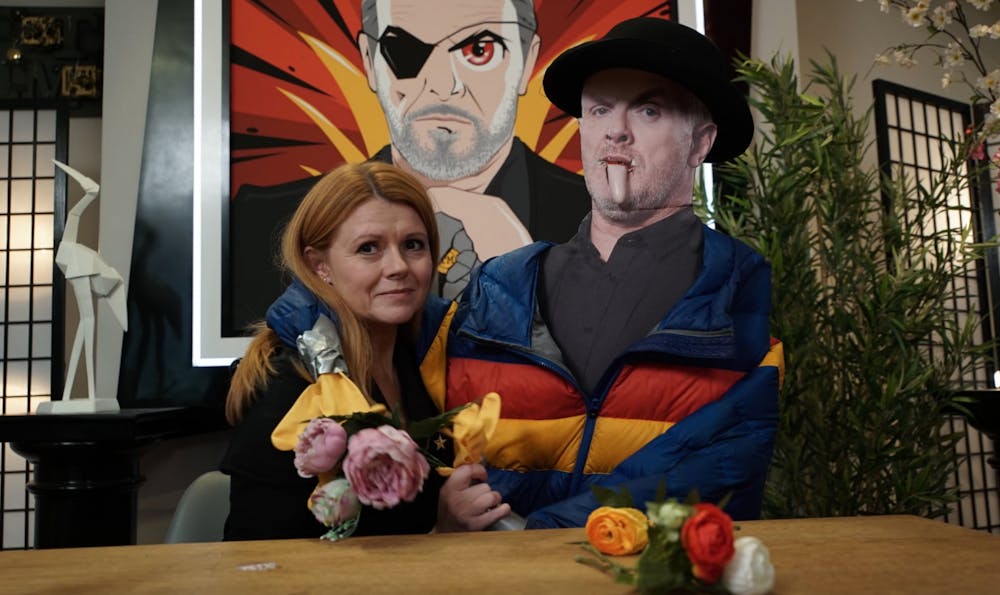Ever since I started as a student at Penn, I’ve survived finals by watching the British panel show, Would I Lie to You? In the show, two teams of contestants, led by iconic British comedians David Mitchell and Lee Mack, try to catch each other in a lie and win points. It’s game show television at its finest, emphasizing humor and wit over competition. WILTY has always helped distract me during finals season, and watching old clips of it now has me laughing even during the uncertainty of quarantine.
Like WILTY, the multitude of British panel shows have a permanent host and cycle through different guests (most often comedians, though sometimes other British celebrities are conscripted), every episode or season. It’s a unique format, and one that works well because each entertainer gets to host a show and everyone circles between the many shows as guests. This way, a variety of panel shows and formats are on air with recognizable casts.
Often, these panel shows are great ways to find new comedians you never heard of, especially those who guest frequently. The variety of formats lets comedians flex their skills and show their virtuosity without practiced, stand–up routines. Mock the Week, which came up during an interview with John Oliver on Late Night with Seth Meyers, has its guests improvise comedy routines based on current news.
British stand–up as a whole tends to be more observational and absurd. Think James Acaster’s Repertoire on Netflix, which takes takes major notes from absurdist theory. It's darker, sharper, filled with wit. Often, comedians garner applause not only because audiences find them funny, but because their bit was particularly well–worded or intelligent. Some of the most celebrated clips of David Mitchell on WILTY are when his frustration leaks out as very posh and astute existential diatribe. Is Mitchell exaggerating the character he’s playing? Of course. But it says something that these are some of the most well–loved moments on the show.
What’s best about these programs is you can tell the stars are friends who see each other frequently, with years of shared history on the comedy circuit. In the first episode of The Big Fat Quiz of Everything, a quiz show hosted by Jimmy Carr, comedian and television presenter Mel Giedroyc passed around a Tupperware of homemade snacks. Guests throw barbs (and, delightfully, swear words on mainstream television), in a way that shows familiarity.
One of my favorite shows is Taskmaster, much of which is available for free on YouTube. It’s a game show where contestants are given a series of tasks over an entire season. Points are awarded based on how quickly or successfully the tasks are accomplished. Much of the time, the best way to win is to think outside the box or find loopholes in the instructions. It’s intelligent and funny, thriving on problem–solving and a lack of high stakes. Right now, the hosts are also releasing tasks for viewers to do while quarantined at home.
Taskmaster is friendly, without much of a competitive atmosphere; sometimes, the funniest contestants are the ones who perform the worst. With this in mind, its emotional resonance can’t be replicated in America. There was a brief American season on Comedy Central, and many viewers commented on how the cutthroat nature of the guests and increased scripting ruined the fun spirit endemic to the show.
In a time when sometimes all you need is some meaningless distraction, when you don’t have the emotional strength to sink into hardcore plot or narrative, these shows are perfect for moments of unburdened laughter. They’re just plain fun. Isn’t that what we need right now?







